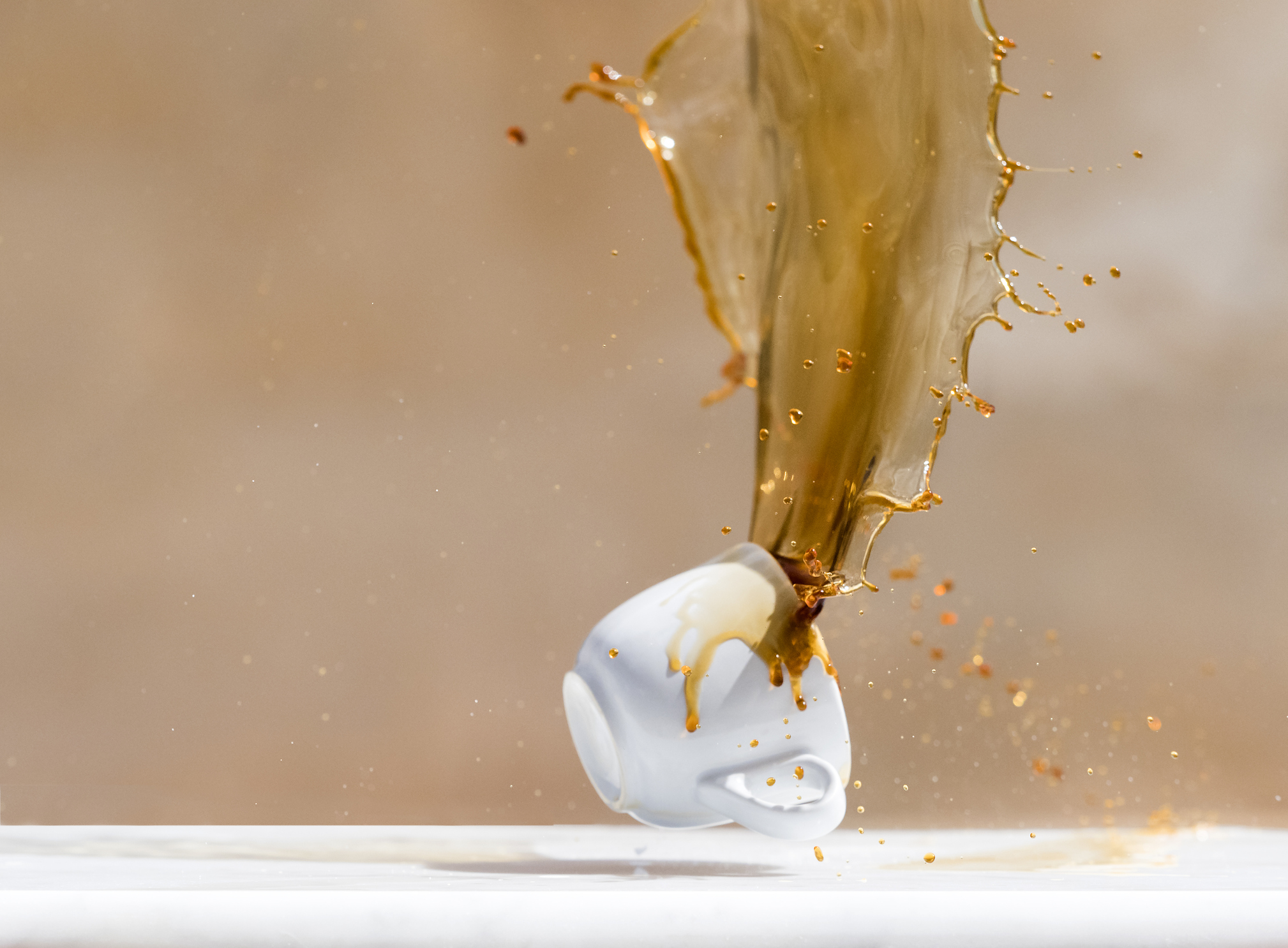Though it would stand to reason to characterize any dietary comparisons with that of the late Vincent Van Gogh as less than charitable, when it comes to his well-documented love of coffee-you’re in good company. The likes of celebrated polemicist Voltaire, renowned composer, Ludwig Van Beethoven and novelist Honerè de Balzac we’re all said to have possessed a fierce appetite for the Ethiopian import, the excess of which could very easily put your morning Starbucks run to shame.
The positive correlations to be made between your favorite genius and their coffee obsessions make them selves known pretty readily; these figures were nothing if not disciplined and prolific. But I wonder if it also speaks to the legacy of instability that invariably accompanies them? Van Gogh for instance, dubbed “The Christ Of The Coal Mines” by reason of his famed selflessness, was also an irascible insomniac. Beethoven was every bit as boorish as he was brilliant, Atwood was a perpetual self-doubter and I don’t know that very much needs (or can be) said about Voltaire on the topic of cordiality.
Before you throw your punch cards away, I should clarify my answer to be a tentative “no.” There are, however, lessons that can be taken from these “madmen” and their toxic relationship to coffee that can be applied to your likely less chaotic workspace.
When does coffee get in our way?
Sleep deprivation, coffee, and tunnel vision is not a prescription for a productive day. As it pertains to focus it might be helpful to view coffee as a tool as opposed to a steroid. A balanced diet, a healthy sleep schedule, and a well-adjusted mind should be doing most of the leg work while you’re on the clock.
When acting as a lone agent coffee tends to aggravate our worst impulses. This can mean loudening the inner voices that implore us to obsess over every insignificant detail, deadening the ones that beg we revel in reason and introspection or ensure we morph into fast-talking, jittery pariahs. Anxiety is the enemy of any fruitful endeavor but a favored companion of caffeine.
Racing thoughts belie the impression of progress. when they in truth bid your mind a nest of soft-frenetic ideas; think a conveyer belt in a Charlie Chaplin movie. It’s important to remember, caffeine is a blunt instrument. Along with dopamine and serotonin, it also triggers neurological responses that are better suited to assist you in a cage fight as opposed to reaching your deadline before noon. A level head makes for a more efficient worker in addition to a more agreeable one.
In some sense, coffee has robbed us of our tenacity. It’s not uncommon for “sorry, haven’t had my coffee yet!” to follow a social blunder or your cashier giving you the wrong change. Johann Sebastian Bach, another historical coffee addict, once said: “Without my morning coffee I’m just like a dried up piece of roast goat!”
Coffee has even been attributed to Napoleon’s conquer of Europe. You don’t need coffee to be great. You can be a capable, talented generalist that occasionally wakes up a little groggy. As a crutch any benefits coffee affords us are instantly negated. If you’re like me, you might find yourself drinking the stuff before starting any and every project-be it 7 a.m, 6 pm, or midnight. It’s one of the many ways we seek consistency on unstable ground.
“As long as I have my cup of coffee, success is that much more of a given.” I think on some level the great thinkers of our time sought a similar reprieve from coffee; a cocktail of adrenaline and validation. Recognizing coffee as the totem of courage it is isn’t on its own harmful but I think it’s important to maintain a sense of self and your capabilities.
Routine, confidence and an optimal you
Edward Abbey was right to say America runs on coffee (yes, before Dunkin). It’s become a portent of a successful day. A cup of coffee, a bagel with locks and the morning paper is the new age version of sacrificing a lamb for rain. And rightly so.
Routine is imperative, so long as you don’t lose yourself in the process. As far as performance enhancing drugs go you could certainly do much worse. In fact, even its detractors must yield to new studies that suggest coffee may aid in preventing the onset of Alzheimer’s and several types of oral cancer. It can be a useful drug that doesn’t operate well in concert with indulgence – a drug that in some part contributed to Van Gogh’s gastro torment and kept Benjamin Franklin up at all hours of the night, sure – but useful nonetheless.
Be wary of allowing external “things” to become synonymous with an optimal you, especially at the expense of your mental well being.
Don’t hesitate to pay your favorite barista a visit before you head into work, but just know you’re still every bit as qualified on the days that you don’t.
Originally published on Ladders.
Sign up to receive daily news, inspiration, and advice on how to master work and life from Ladders.
Follow us here and subscribe here for all the latest news on how you can keep Thriving.
Stay up to date or catch-up on all our podcasts with Arianna Huffington here.


